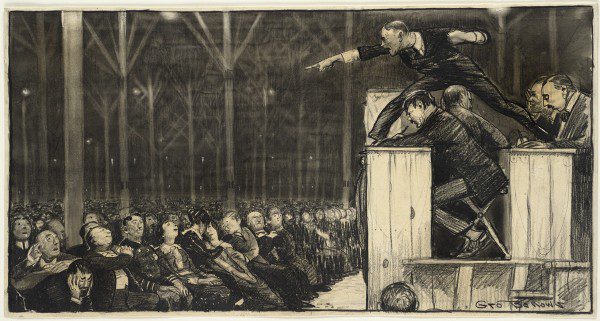Huge news regarding the state of Alzheimer’s research was just announced on the Telegraph’s Science page.
![By ADEAR [Public domain], via Wikimedia Commons](https://wp-media.patheos.com/blogs/sites/503/2016/09/Alzheimers_disease_brain_preclinical-e1472752509530.jpg)
This is said to be the “best news” in the past 25 years for dementia research.
From the article:
In the trial, which was reported in the journal Nature, scientists tested varying levels of the drug over a year, as well as giving one group a placebo. They found that more amyloid was removed as the dose increased. Brain scans of those given the highest dose shown virtually no amyloid left at all…Prof David Allsop, Professor of Neuroscience, University of Lancaster, said: “This study shows convincingly that it is possible to reduce the extent of amyloid plaque formation in the brains of people with very early signs of dementia.
The article includes a powerful image of the brain scans, which show the effects of the drug in eliminating plaques.
This is of personal interest to me because my mom died from early-onset Alzheimer’s complications over a year ago. Because the early-onset form is linked to genetic inheritance (a single, mutated gene), I’m at higher risk of Alzheimer’s because of potentially inheriting the gene that causes this plaque build-up.
But as tempted as it to get excited about the prospects of this breakthrough, researches are exercising caution, but seem quite optimistic nonetheless. Again, from the article:
Prof Richard Morris, Professor of Neuroscience at the University of Edinburgh, said: “We cannot yet say we have a cure for Alzheimer’s, as this is only a first step … but the importance of this first step cannot be understated.















